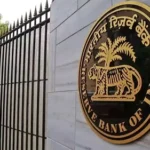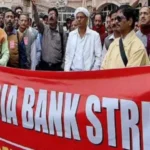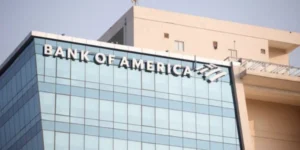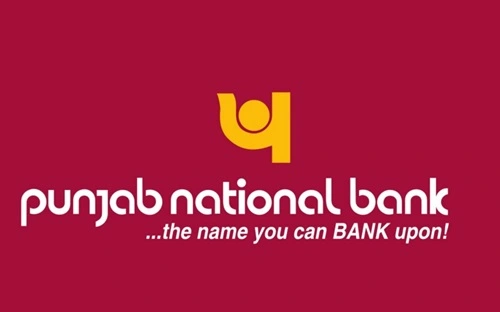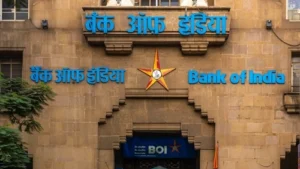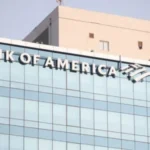The All India Bank Officers’ Confederation (AIBOC), representing the supervisory cadre of bank employees, has announced a two-day nationwide strike scheduled for February 24 and 25, 2025.
This decision, ratified during AIBOC’s 102nd Executive Committee Meeting on January 6, 2025, follows resolutions from their Working Committee Meeting held on November 12, 2024.
Key Demands and Concerns
AIBOC’s primary demands include:
- Adequate Recruitment: The union emphasizes the need for sufficient staffing across all banking cadres to ensure efficient operations and customer service.
- Implementation of a Five-Day Workweek: Advocating for a standardized five-day workweek in the banking sector to improve work-life balance for employees.
- Withdrawal of Recent DFS Directives: AIBOC seeks the immediate retraction of recent directives from the Department of Financial Services (DFS) concerning performance reviews and the Performance Linked Incentive (PLI) system. The union argues that these directives threaten job security, violate the 8th Joint Note, create divisions among employees, and undermine the autonomy of public sector banks (PSBs).
- Safety Measures for Bank Staff: Demanding enhanced protections against assaults and abuse by customers to ensure a safe working environment for bank officers and staff.
- Filling of Vacant Director Positions: Urging the appointment of workmen and officer directors in PSBs to ensure proper representation and governance.
- Resolution of Pending Issues with IBA: Calling for the Indian Banks’ Association (IBA) to address and resolve outstanding matters affecting bank officers.
- Amendment to the Gratuity Act: Seeking an increase in the gratuity ceiling to ₹25 lakh and corresponding tax exemptions, aligning with benefits available to government employees.
Planned Agitation and Future Actions
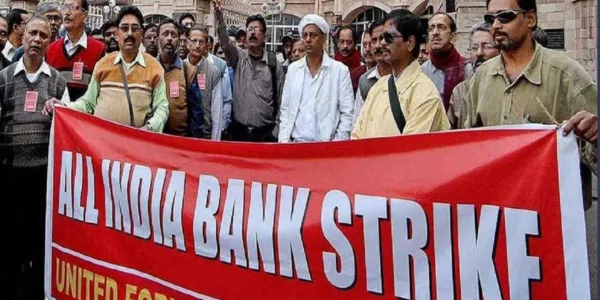
Rupam Roy, General Secretary of AIBOC, stated that the union plans to initiate agitation programs following the formal strike notice, which is expected to be served within this month. He indicated that more stringent actions might follow if their demands are not addressed. Detailed plans for the agitation will be communicated to all state units and affiliates shortly.
Potential Impact on Banking Services
The proposed strike is anticipated to disrupt banking operations nationwide, particularly as it coincides with a weekend. With February 24 and 25 falling on Monday and Tuesday, and the preceding days being a weekend, banking services could be affected for four consecutive days. Customers are advised to plan their banking activities accordingly to mitigate inconvenience.
Background and Precedents
AIBOC has a history of organizing strikes to address issues concerning bank officers. In February 2020, the union led a successful two-day nationwide strike, demonstrating its capacity to mobilize members effectively.
Government and Industry Response
In response to the strike announcement, the government has formed a crisis management group to handle nationwide strikes by public sector bank employees, including the planned February 24-25 strike. The group will work on strengthening standard operating procedures to ensure business continuity, such as ATM replenishment and branch services.
Call to Action for AIBOC Members
AIBOC has urged all affiliates to prepare for the forthcoming struggle by conducting immediate meetings at all levels to communicate the union’s resolutions and emphasize the importance of collective action. The union seeks to reinforce unity, clarify its stance on each issue, and inspire commitment to the upcoming initiatives through grassroots-level engagements, organizing members at district and branch levels.
Conclusion
The scheduled strike by AIBOC underscores significant concerns within the banking sector, particularly regarding staffing, work conditions, and policy directives. As the strike dates approach, stakeholders, including customers, bank management, and policymakers, will closely monitor developments. The situation calls for constructive dialogue between the union and relevant authorities to address the raised issues and avert disruptions to banking services nationwide.


